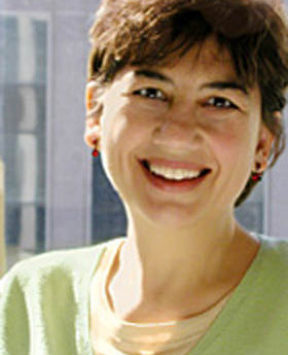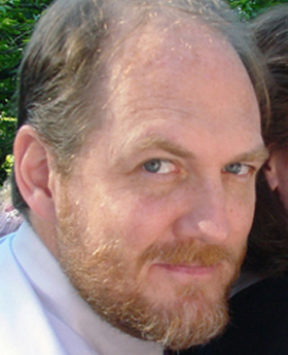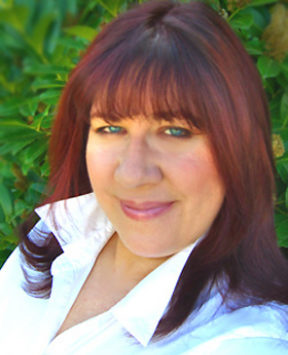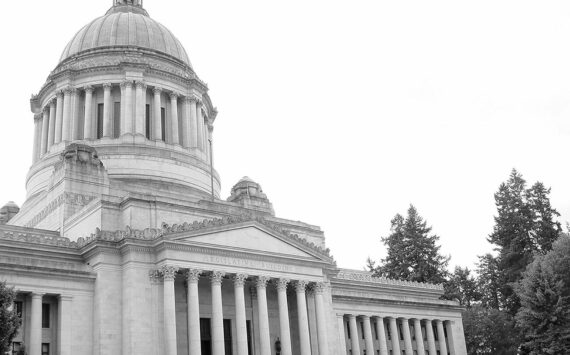Media conglomerates rejoiced in 2003 when the Federal Communications Commission (FCC) ruled to relax rules restricting media ownership, permitting companies to buy more television stations, and own a newspaper and a broadcast outlet in the same city.
The 3-2 vote by the Republican-controlled FCC brought strong criticism from opponents, including Dr. Lawrence Lessig, founder of the Stanford Center for Internet and Society and Professor of Law at Stanford Law School.
Lessig believes the FCC’s changes in media ownership restrictions may change the Web and impact free and unbiased speech. A growing collateral influence may stymie the growth of smaller, independent online media companies dealing with the opportunity to compete with these larger media companies in the area of digital media.
I talked with Dr. Lessig during the summer of 2003 to get his take on the issue. His views are as relevant today as they were two years ago. Lessig explained his vision that the Internet, filled with independent sources of media, could possibly fade, and how the consolidation of offline media will impact the Web.
DANA GREENLEE: Why should we be concerned with the consolidation of media?
DR. LAWRENCE LESSIG: There are two things that are happening. First, people are beginning to notice theres been a radical change in media concentration in just the past decade. Weve seen it first in the context of radio where essentially three companies own the vast majority of radio stations across the country. Secondly, we have a bunch of policy changes from the FCC which relax even further limitations on media company ownership. Basically, we now live in a world — within the United States — where five to six companies control 80 to 90 percent of all media — newspapers, radio, television, cable TV — and we could move to a world where there are just three. This is an extraordinarily important thing to worry about if youre concerned about maintaining diversity and local input on how people think about major issues of policy.
GREENLEE: One of the concerns about media concentration is how it will impact open distribution of information on the Internet. When you combine the power of television, radio, and newspapers all into one company, there is so much power to drive people on the Internet to one particular location to get information. Does this lock out the smaller media companies?
LESSIG: There are two different issues going on at the same time. One is youve got increasing concentration of traditional forms of media. Second is the FCCs change of policy affecting the Internet. The Internet, when it was born, was actually very significantly regulated by the FCC at the technology layer. The telephone companies werent allowed to discriminate against certain kinds of Internet content. They werent allowed to say this content cant go through or this content will have to pay more. The FCC required they operate the telephone network as a neutral platform for innovation and content. This FCC increasingly relaxed those requirements, which means that the owners of the networks and telephone companies are permitted to begin to discriminate on the kind of applications and content that they will permit on the network. Theyre basically changing the Internet into cable TV where the network owners control what the Internet looks like. When you put these two changes together — concentration and mainstream media and the power for mainstream media to control the way the Internet is developed — what youve got is the worst of both worlds because youve got not only concentrated media in the traditional form but this new media, the Internet, increasingly under the control of the old media.
GREENLEE: Is there any way the Internet can fight back and maintain control?
LESSIG: I think the way to avoid the negative consequences is to fire the extremists and ideologues at the FCC. The problem is the FCC is the single core regulator and they have been captured by this extreme ideologue that says there should be zero regulation in the context of media. The consequences of zero regulation will be concentrated media that exercises control over the development and expansion of the Internet. That may satisfy some extremist position about property rights, but its not that all consistent with our tradition of assuring that we have a mutual platform upon which public discourse gets to occur. As Web logs (blogs) become an extremely important part of the platform for communication, it becomes all the more important to guarantee that the platform remains neutral. The extremists at the FCC drank this Kool-Aid of zero regulation and what were getting is the undoing of an extraordinarily rich and diverse environment for news and the creation of culture.
GREENLEE: I understand Microsoft weighs in on the side of the open Internet.
LESSIG: This media concentration has produced some interesting new allies on the side of maintaining an open and neutral platform. Microsoft has become a very strong advocate of the need for the FCC to guarantee a neutral platform. Its not because they want to be altruistic. Its because they have a very strong interest in the Internet being a place where they can bring out new products and the network owners wont be allowed to hijack them and tell them that unless they pay the network owners, they wont be able to bring out the new product.
For example, when Microsoft rolled out the X-box a bunch of cable companies went to Microsoft and said, We wont allow your X-box to connect unless we talk about a special deal well have to strike to allow your X-box technologies to be used across our Internet. The idea that cable companies think of the Internet as theirs is astonishing because they didnt develop the Internet! But now they claim, animated by this extremism in thinking about how property works, that because its their property they can do whatever they want with it.
GREENLEE: They are the gatekeepers because they provide access.
LESSIG: The point Microsoft is making, and Ive been trying to make for five years now, is if you give them that control, the consequences will be a radical change in the opportunity for innovation and creativity on the Internet. Well get not the Internet we had of five years ago — well get cable television on speed! That may be great for the television companies but it wont be great for growth and innovation on the Internet.
GREENLEE: What can we do to voice our concerns?
LESSIG: We have to become as mad as hell and tell the world we wont take it anymore! We should contact our legislators and the FCC. MoveOn.org is doing a wonderful campaign around this. My Web log has a whole series of postings about this at http://www.Lessig.org/blog under the Media Con title. The most important thing you can do is to open up your own Web log. Start writing about whatever you think about these issues and link to other people and engage in criticism about these issues. Our democracy has got to have a revival of engaged participation by citizens. We turned the process of policy-making over to the lobbyists for much too long and too much is at stake now to let that continue.
GREENLEE: Can you recommend some lovely discussions going on at other Web logs?
LESSIG: InstaPundit.com has a terrific site that a lot more conservative than mine. The Volokh Conspiracy at volokh.com is another conservative Web log. Theres a wonderful Web log called the Boing Boing blog ( http://boingboing.net ) which has a great mix. David Winer is one of the most important Web log people on the net. He started one of the most important pieces of software that builds Web log communities. His stuff is at Scripting News at http://www.scripting.com .






